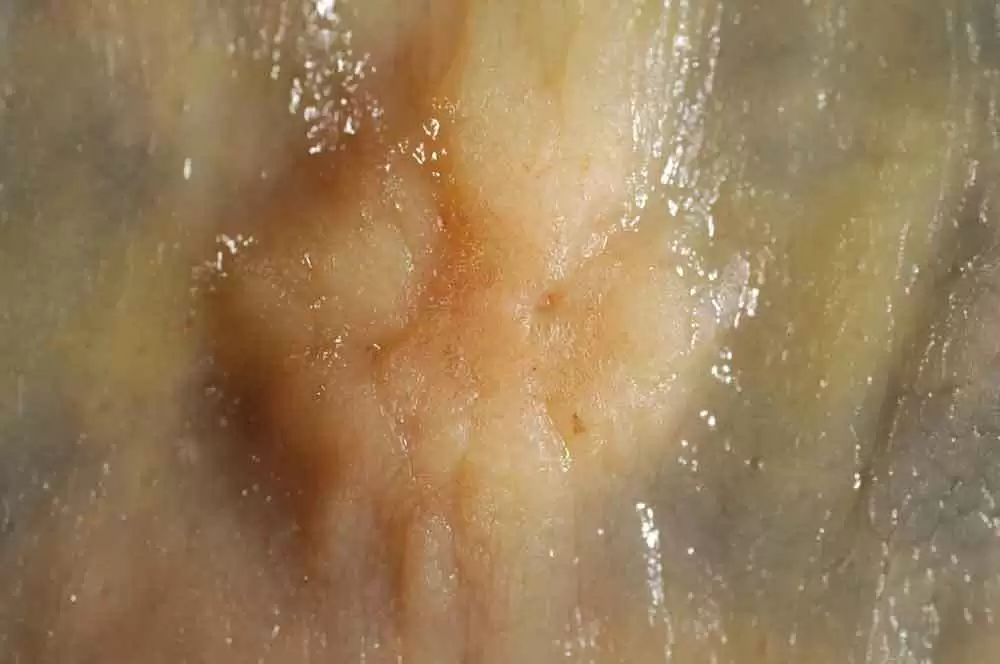
Celiac.com 05/01/2023 - Celiac disease is a condition that affects millions of people worldwide. Celiac disease is an immune-mediated enteropathy triggered by gluten, a protein found in wheat and related grains. For people with celiac disease, eating gluten can lead to a range of symptoms and damage to the small intestine.
The only effective treatment for the disease is a strict gluten-free diet, which allows the intestines to heal and prevents further complications. However, recent research has shed light on the potential dangers of having celiac disease: the danger of malignant complications.
Celiac.com Sponsor (A12):
A group of researchers at the Department of Internal Medicine and Gastroenterology, University Hospital Brno, recently conducted a study examining the occurrence of malignancies in patients with celiac disease. They wanted to raise awareness of these potentially life-threatening complications, with the hope of promoting earlier diagnoses and better outcomes.
Occurrence of Malignancies in Patients with Celiac Disease
The study analyzed seven cases of malignancies that occurred among 190 celiac disease patients over a seven-year period. The patients ranged in age from 36 to 82 years old, with a mix of men and women. The malignancies found by the team included small bowel adenocarcinoma, diffuse large B-cell lymphoma, carcinoma of the tongue, and colorectal carcinoma.
The overall findings were alarming, as malignancies were present in nearly 4% of the patients in the study. This highlights the need for better awareness of the potential risks associated with celiac disease.
Professionals Need to Work Towards Earlier Diagnoses
By understanding the risk factors, recognizing the presentation of malignant complications, and closely monitoring the disease course, healthcare professionals can work towards earlier diagnoses and better outcomes for patients.
The study also emphasized the importance of continued research into potential risk factors for malignancies in celiac disease patients. Identifying these factors could help in developing strategies for prevention and early intervention.
For people living with celiac disease, this research underscores the need for regular check-ups and close monitoring of their condition. It's really important for patients to maintain a strict gluten-free diet, as this remains the only real way for celiacs to stay as healthy as possible. By doing so, celiacs can reduce their risk of complications and improve their overall quality of life.
Read more in Journal of Medical Case Reports








Recommended Comments
Create an account or sign in to comment
You need to be a member in order to leave a comment
Create an account
Sign up for a new account in our community. It's easy!
Register a new accountSign in
Already have an account? Sign in here.
Sign In Now